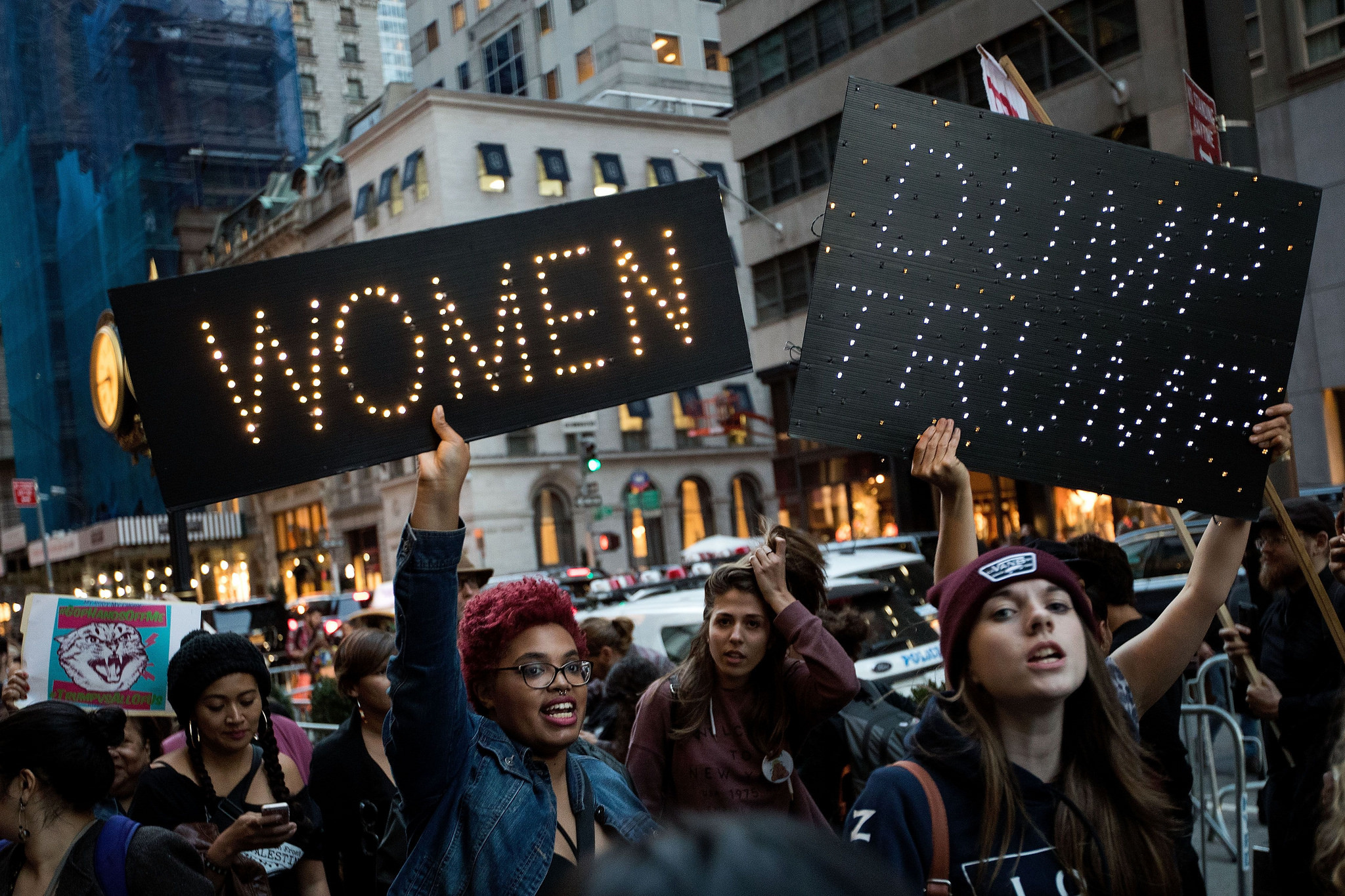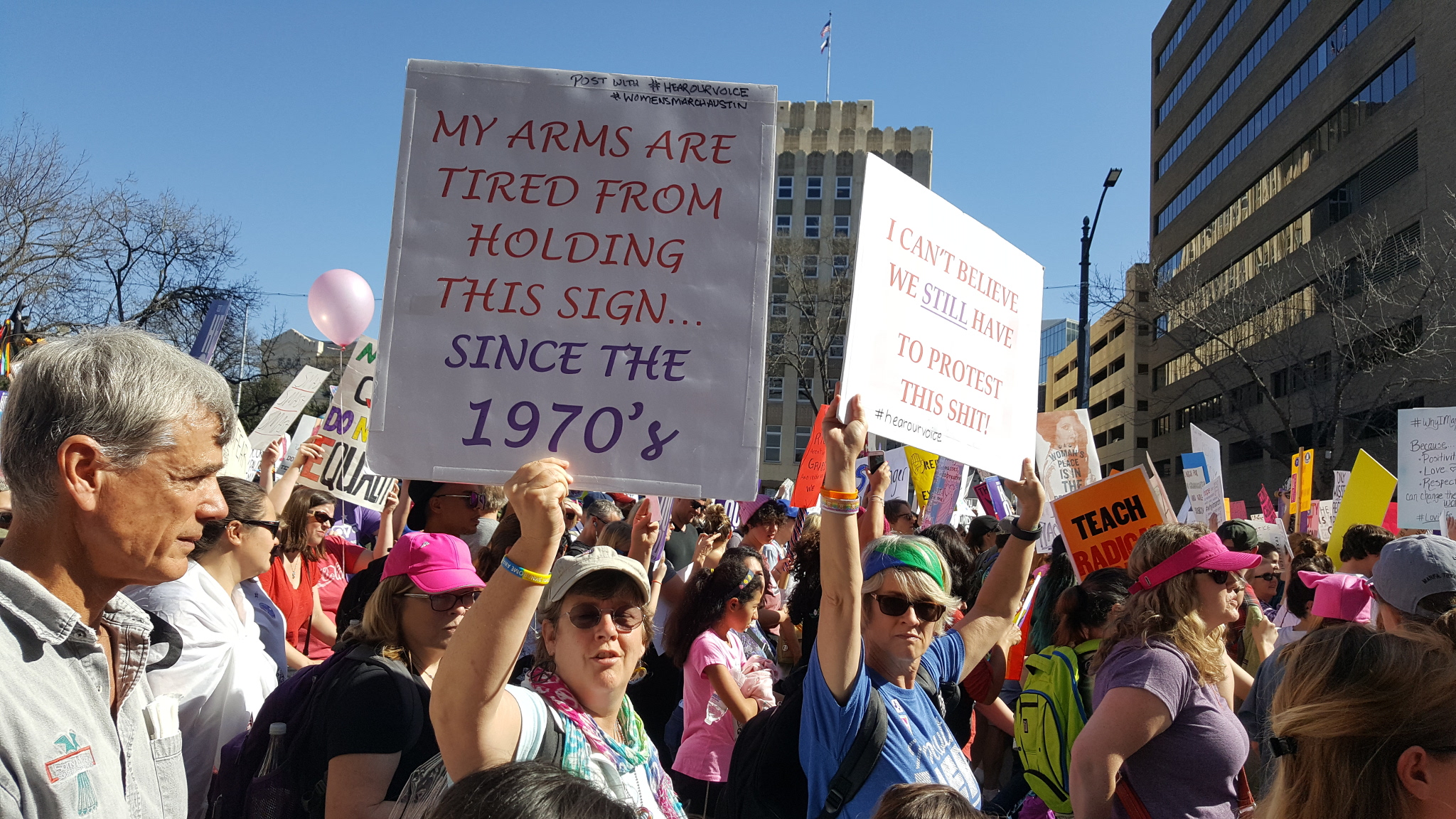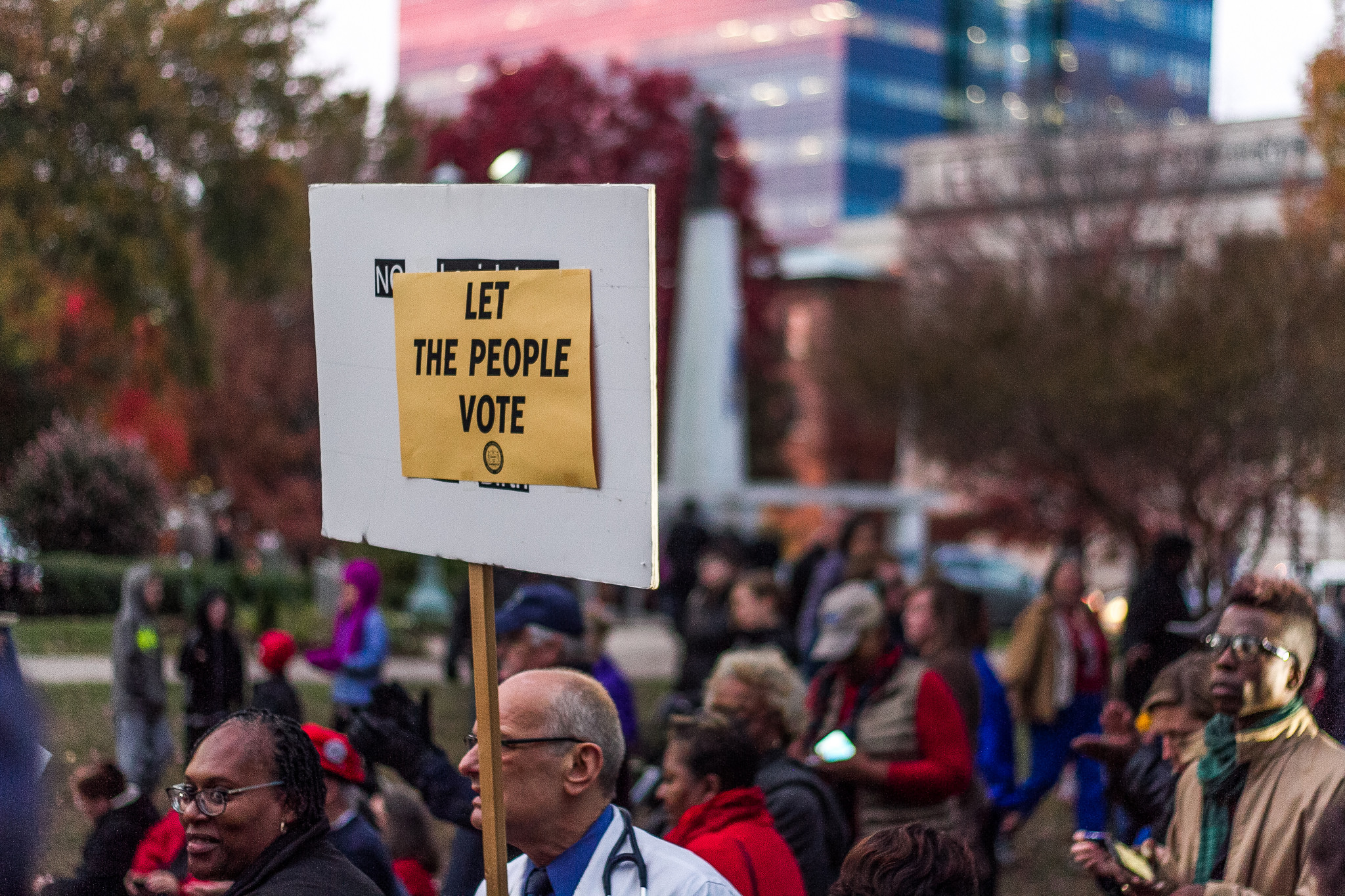“Things don’t always change for the better, but they change, and we can play a role in that change if we act. Which is where hope comes in, and memory, the collective memory we call history.” — Rebecca Solnit, “Hope In The Dark”
The left has a problem with winning.
We — and while I identify as radical, not leftist, but it’s fair to lump me in with the group for now — are losing bigly, at least from the simplest perspective. A white nationalist regime occupies the White House, while the GOP simultaneously controls most of the country’s legislatures. It’s a dark time, and we’re faced with the prospect of a daily fight just to preserve basic human rights. We need to figure out some way to keep going, despite these losses.





